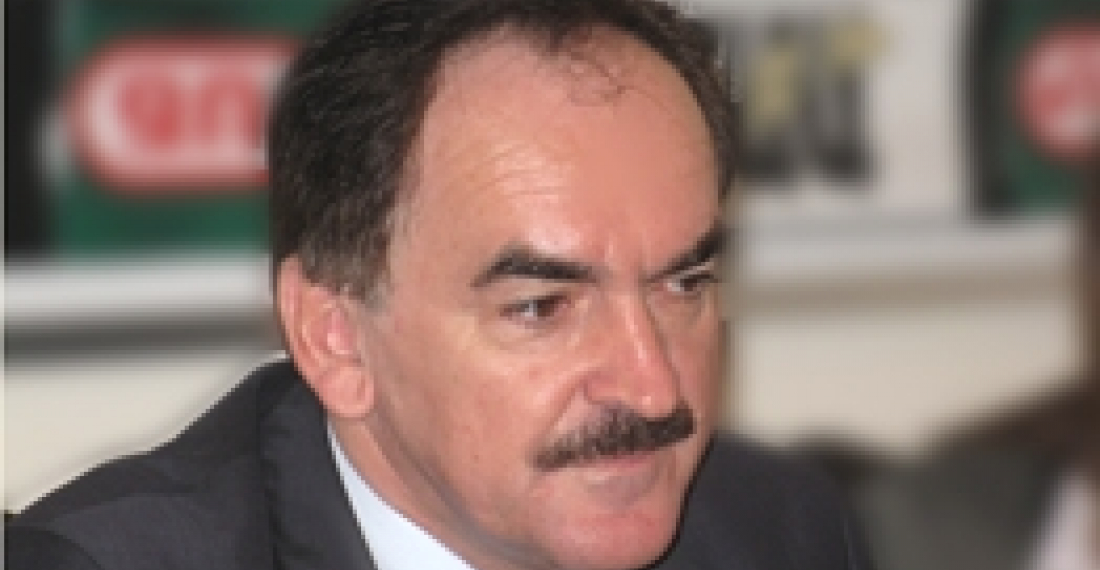Существующие конфликты, в частности, карабахский, которые препятствуют реализации некоторых программ ЕС в южно-кавказском регионе. Об этом заявил посол Польши в Армении Здислав Рачински на сегодняшней встрече с журналистами.
“Без тесного сотрудничества будущее региона кажется мне сложнее, чем оно могло быть после урегулирования конфликтов”, - отметил посол.
Кроме того, посол призвал стороны конфликта быть более конструктивными, подчеркнув, что формат решения при содействии Минской группы ОБСЕ уже сформировал свои механизмы деятельности, и по его мнению, будет нецелесообразно менять формат работы, что по всей вероятности “размоет” переговорный процесс.
Также посол коснулся вопроса многочисленных нарушений на линии соприкосновения. “С начала 2011 г. в результате перестрелок в Карабахе погибло 11 военнослужащих. Эти данные являются еще одним доказательством, что единое мировое соглашение является единственным способом решения Карабахского конфликта”, - подчеркнул посол.





